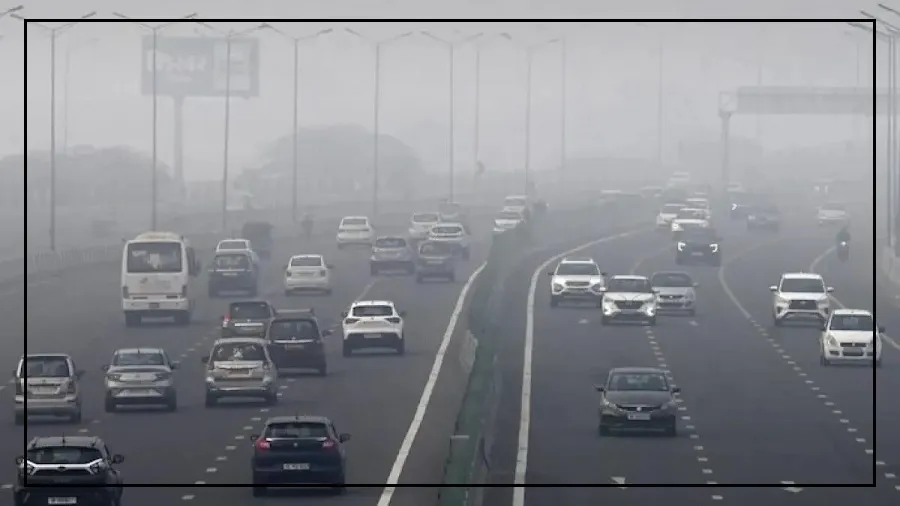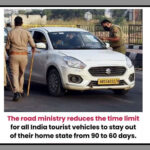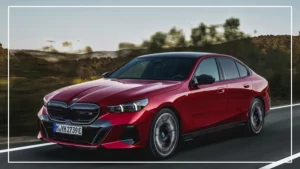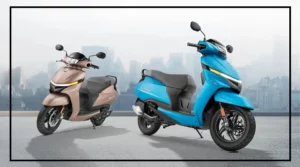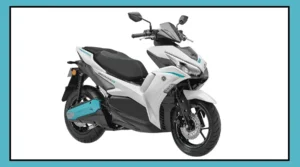GRAP (Graded Response Action Plan) is a special emergency plan used in Delhi when air pollution reaches extremely dangerous levels.
It works in different stages, and Stage III is the strictest. In this stage, strong rules are applied on vehicles, construction work,
and industries to reduce harmful pollutants like PM2.5 and PM10 and protect public health.
When Does GRAP-III Begin?
GRAP-III comes into effect when Delhi’s Air Quality Index (AQI) reaches 401–450, which is considered “severe” and highly toxic.
During this phase, the air becomes unsafe, especially for children, senior citizens, and people with breathing problems.
Under GRAP-III, construction work stops, strict rules are applied on local transport, and several types of vehicles are not allowed to enter Delhi.
Vehicles Completely Banned Under GRAP-III
When GRAP-III is activated, the following vehicles are completely banned in Delhi:
BS-IV diesel LMVs (small passenger cars/vehicles)
BS-III petrol vehicles
BS-IV diesel LCVs registered outside Delhi
BS-IV diesel MGVs carrying non-essential goods
All commercial trucks and cargo vehicles that are BS-III or older, registered outside Delhi (these are diverted at the borders)
Vehicles That Are Allowed (Exemptions)
Some vehicles are exempt and can operate normally under GRAP-III:
Electric and CNG vehicles
BS-VI diesel buses
Delhi-registered BS-IV LCVs and MGVs carrying essential goods
Ambulances, government vehicles, police vehicles, sanitation vehicles
Special vehicles used by persons with disabilities


